Oil Licensing Regime Under the Petroleum Industry Act 2021 (Part 4): Petroleum Mining Lease
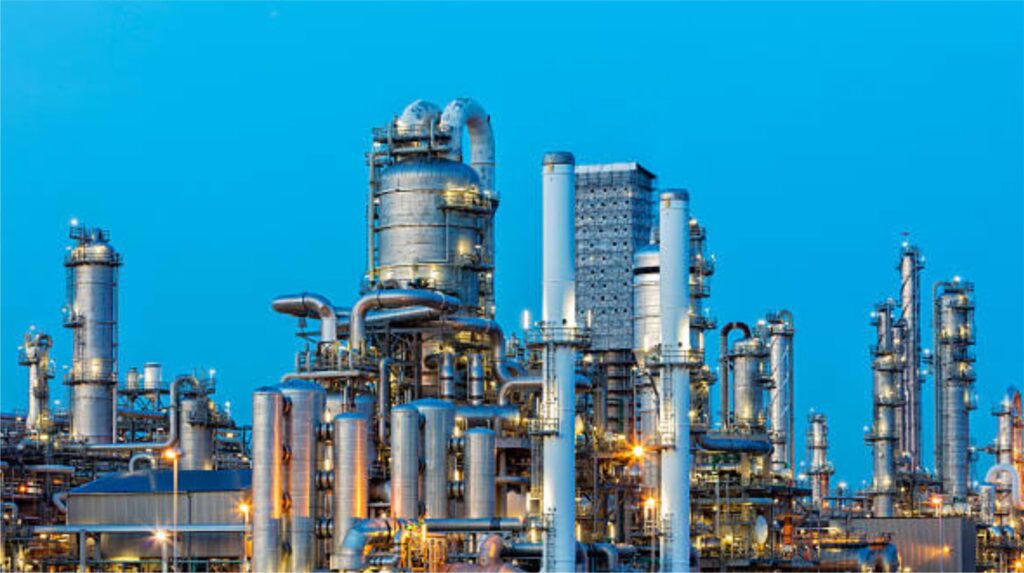
Having satisfied all conditions imposed on the licensee and contained in the Oil Prospecting Licence (OPL), and upon commercial discovery of oil, a holder of an OPL was required to obtain an Oil Mining Lease (OML). The OML not only entitled the holder to the right to win and work petroleum discovered but also the […]
Oil Licensing Regime Under the Petroleum Industry Act 2021: Grounds for the Revocation of a Petroleum Prospecting Licence (PPL) (Part
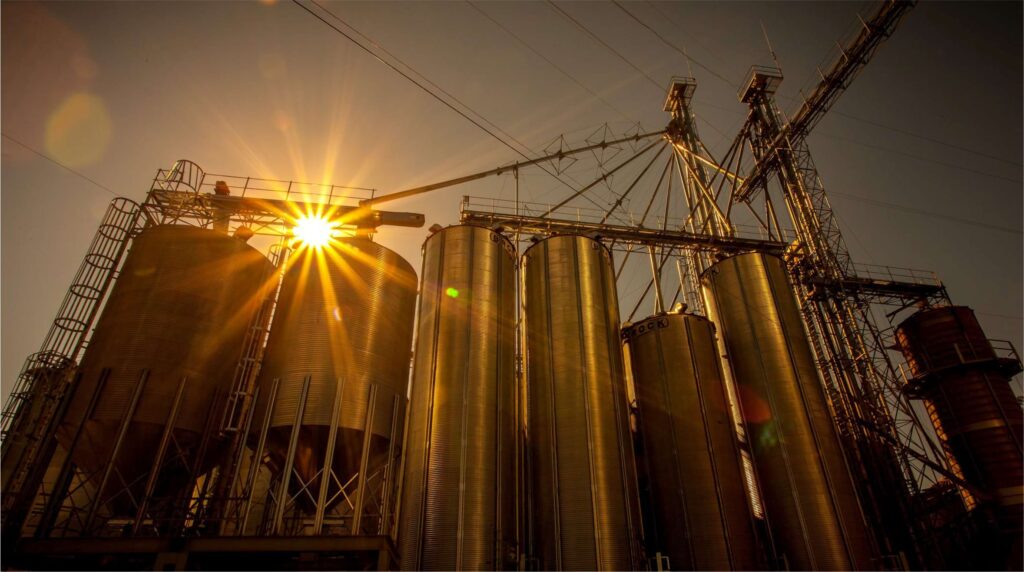
Under the Petroleum Act (PA), there were 5 major grounds on which an Oil Prospecting Licence (OPL) could be revoked. Following the enactment of the Petroleum Industry Act (PIA) 2021, the grounds for revocation of a Petroleum Prospecting Licence (hereinafter referred to as “PPL” or the “Licence”) have been expanded to include circumstances not withtin […]
Oil Licensing Regime Under the Petroleum Industry Act 2021 (Part 2): Petroleum Prospecting Licence (Contd.)
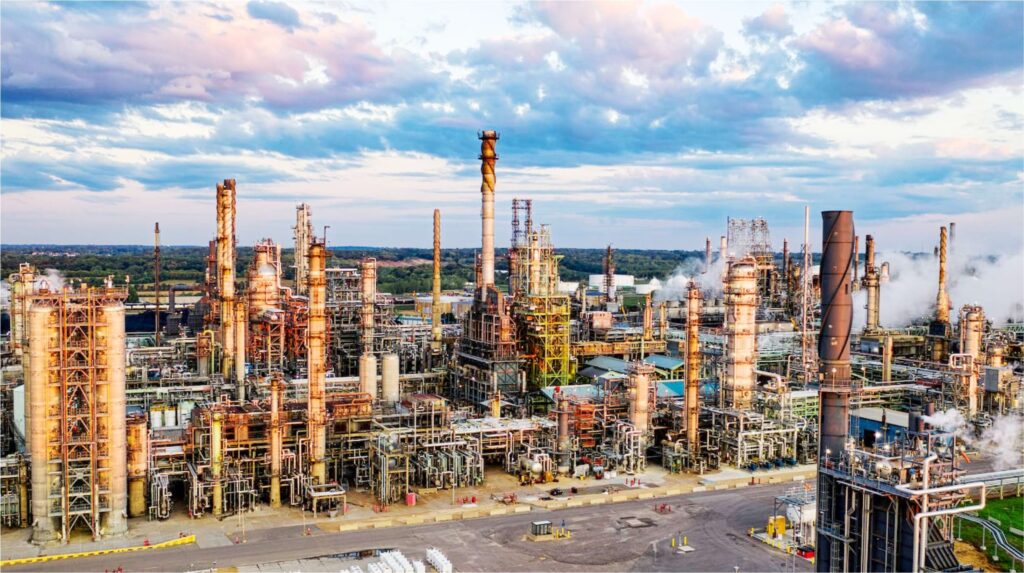
In the preceding article of this series, we examined a number of modifications made by the Petroleum Industry Act (PIA) 2021 to the Oil Prospecting Licence (OPL) regime in Nigeria in terms of the granting authority, award process and duration of the licence. In the subsequent paragraphs, we shall review modifications relating to the assignment, […]
Oil Licensing Regime Under the Petroleum Industry Act 2021 (Part 2): Petroleum Prospecting Licence
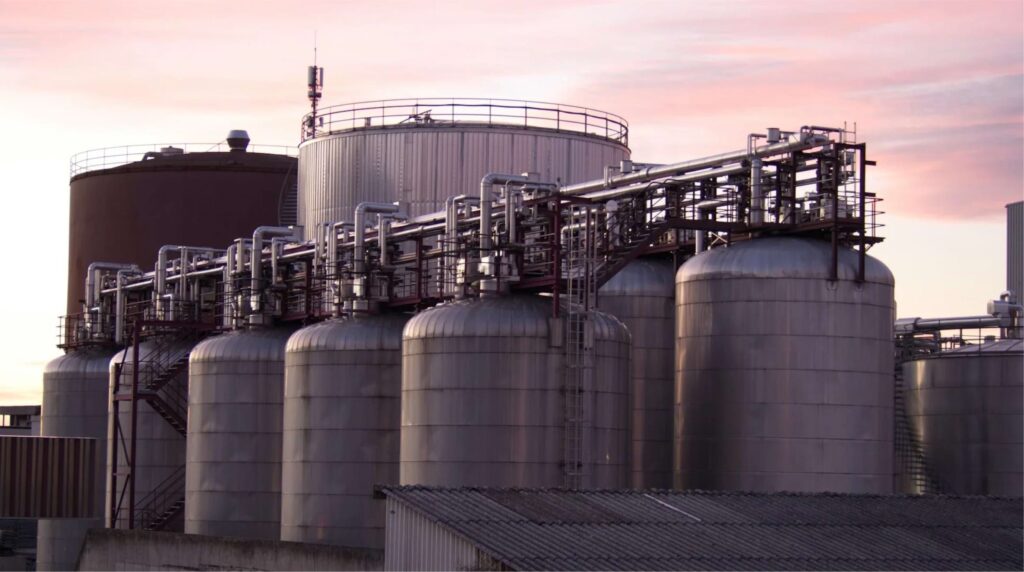
Under the old regime of the Petroleum Act 1969 (PA), upon the grant of an Oil Exploration Licence (OEL) and subsequent discovery of hydrocarbon within the licence area, a licensee who intended to proceed to the next stage of upstream petroleum operations was required to obtain an Oil Prospecting Licence (OPL) from the Minister of […]
On the Regulation of Integrated Petroleum Operations: Takeaway from Recent Developments

ExxonMobil had applied to the Nigerian Upstream Petroleum Regulatory Commission (“NUPRC” or the “Commission”) for authorisation to treat its operations as an integrated operation. This application was subsequently granted by the Commission. Upon securing the Commission’s authorisation, ExxonMobil applied for and was granted clearance by the Commission to lift 12,600 metric tonnes of Butane at […]
The Concept of Deemed Approval in the Oil and Gas Industry
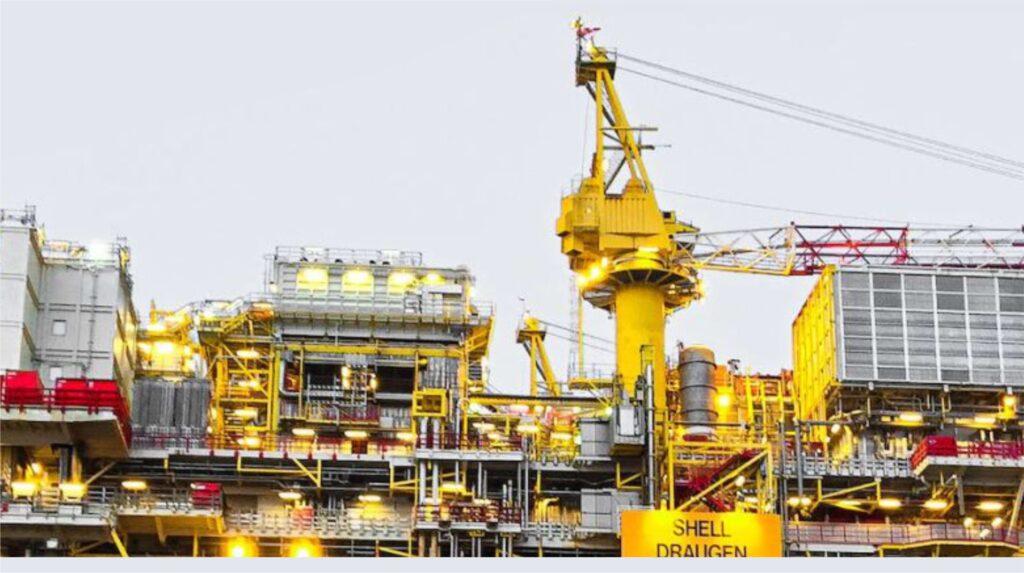
The Nigerian petroleum sector is a heavily regulated industry with unique laws and regulations to guide both government and key players in their respective operations. This industry remains the highest contributor to the nation’s GDP and its importance to the economy is responsible for the strict oversight role played by the ministry of petroleum resources […]
Oil Licensing Regime Under the Petroleum Industry Act 2021: Petroleum Exploration Licence (Part 1)

Prior to the Effective Date of the Petroleum Industry Act, 2021 (“PIA”), oil exploration and exploitation activities in Nigeria was governed mainly by the Petroleum Act, 1969 (“PA”) which was the principal legislation governing the oil and gas sector. Exploration and production companies had to obtain the requisite licence from the Minister of Petroleum Resources […]
Environmental Regulation in the Oil and Gas Industry
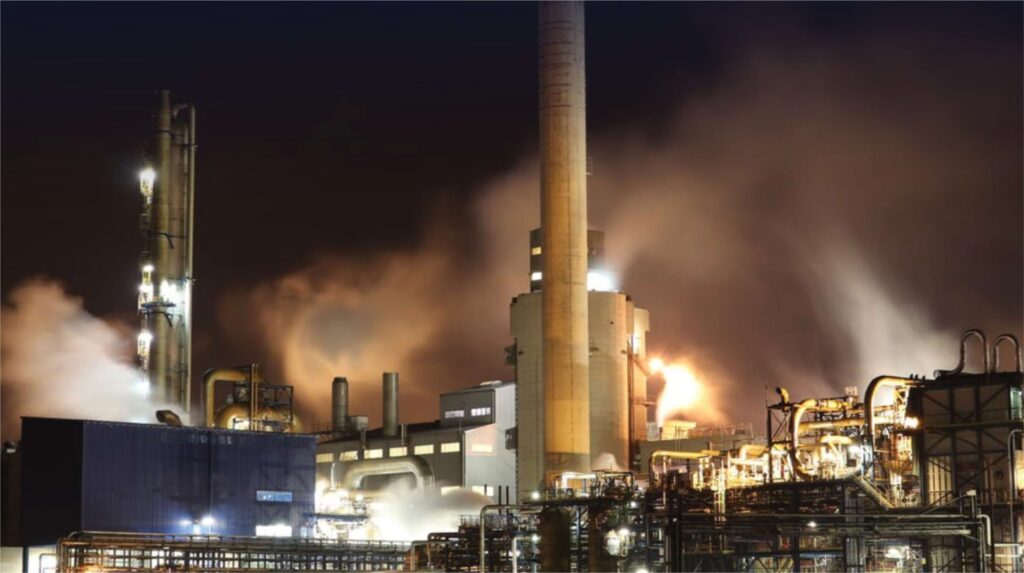
Like many other sectors in the Nigerian economy, there seems to be a myriad of regulations, laws and policies tailored toward the protection of the environment. At the center of these regulations is the National Environmental Standards and Regulations Enforcement Agency (“NESREA” or “the Agency”) which has the general responsibility for promoting the sustainable development […]
Transparency in Resource Governance in the Oil and Gas Industry
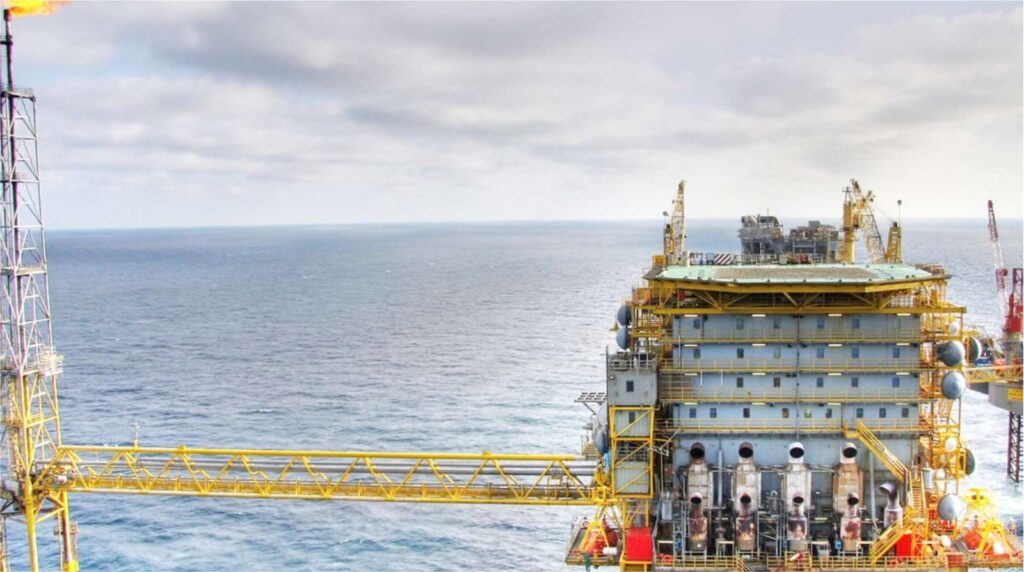
The Nigerian economy is heavily dependent on the oil and gas sector. The sector accounts for about 65% of government revenue and 88% of the nations export earnings. However, what the nation earns in oil revenue cannot meet its budgetary needs, hence, the need to service some of her expenditure through debt. A number of […]
Review of the Petroleum Industry Act 2021

The President of the Federal Republic of Nigeria, President Muhammadu Buhari, finally signed the Petroleum Industry Bill (“PIB”) 2021 (now Petroleum Industry Act, “PIA”, the “Act”) into law on August 16, 2021, well over a decade after the first draft of the Bill was presented to the National Assembly. Although the PIA did not specify […]

